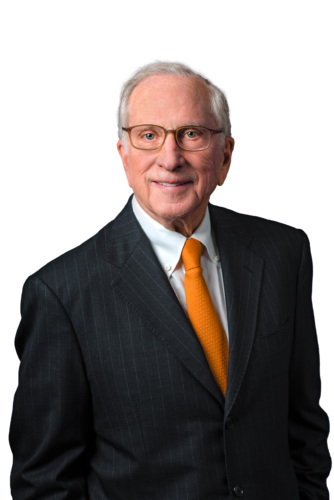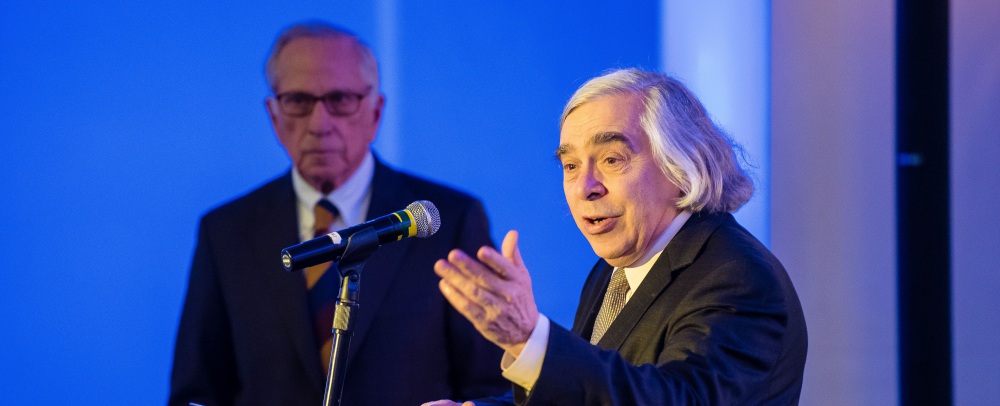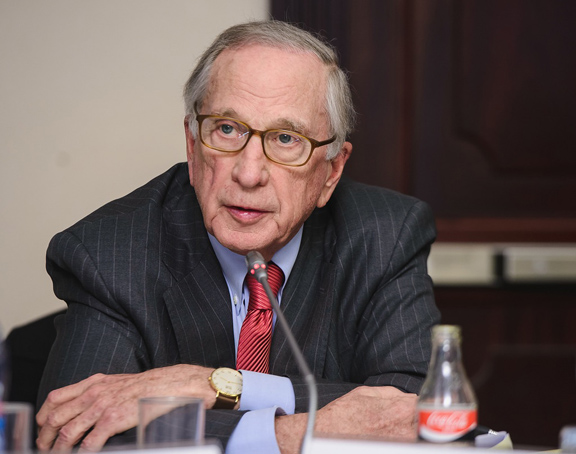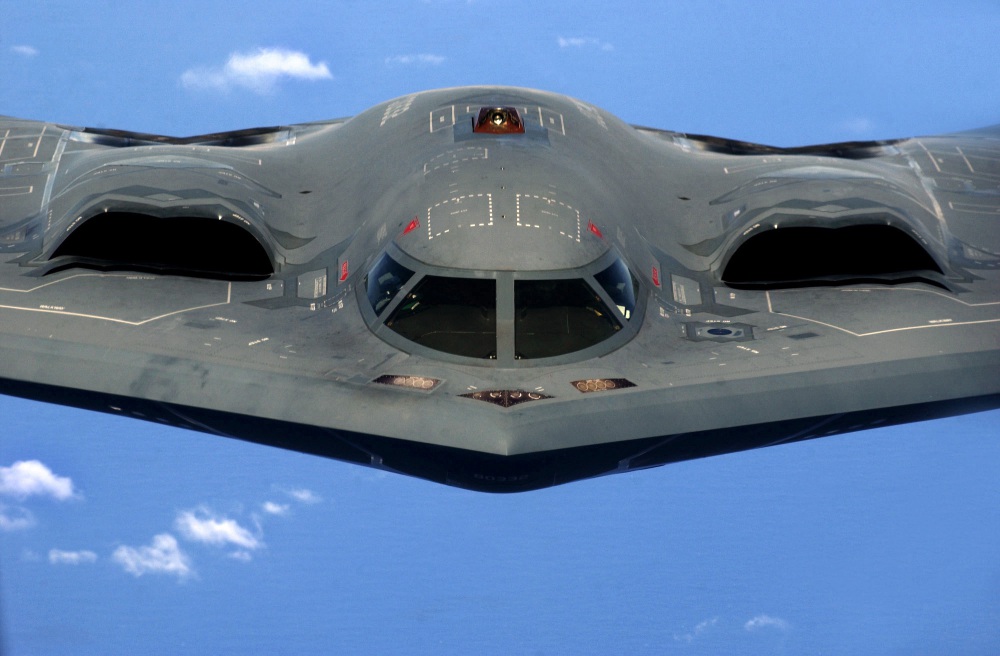
Sam Nunn
Co-Founder and Co-Chair, NTI
“Nuclear threat reduction, which includes reducing the chances of nuclear terrorism or a nuclear accident involving a nuclear weapon, remains a vital interest for the United States, NATO and Russia. Moving to a new nuclear posture in Europe will require increasing trust between NATO and Russia, as well as corresponding actions by both.
“The Deterrence and Defense Posture Review (DDPR) has made little progress in defining a clear strategy for changing the nuclear status quo and deserves, at best, a grade of ‘incomplete’.
What is needed now is greater leadership and effort within the Alliance and with Russia to develop and execute a strategy for making progress, rather than simply restating goals. The DDPR states that NATO will continue working on issues relating to further cuts in tactical nuclear weapons, including nuclear sharing, transparency and confidence building measures, and reciprocity with Russia, so the good news is that the DDPR and the Chicago Summit will not be the last word on these issues.
“To improve on the ‘incomplete’ grade, there must be a much greater effort by Washington, NATO and Russia to work cooperatively to improve European security for all. The importance of the U.S.-NATO-Russian relationship is crucial. NATO’s strategy going forward must put the issue of tactical nuclear weapons in the context of Euro-Atlantic security and address related security issues and concerns of all states in the region – including conventional forces and missile defense.”
###
CONTACT: Cathy Gwin, [email protected], 202-454-7706
Sign up for our newsletter to get the latest on nuclear and biological threats.
NTI Co-Charimen Sam Nunn and Ernest Moniz urge for the creation of a congressional liason group to work to manage and improve U.S.-Russian relations.
Former Senator and NTI Co-Chairman Sam Nunn delivered remarks in Moscow on the challenges and opportunities for U.S.-Russian cooperation.
The risk of nuclear weapons use in the Euro-Atlantic region is on the rise—and it is higher today than it has been since the end of the Cold War.


